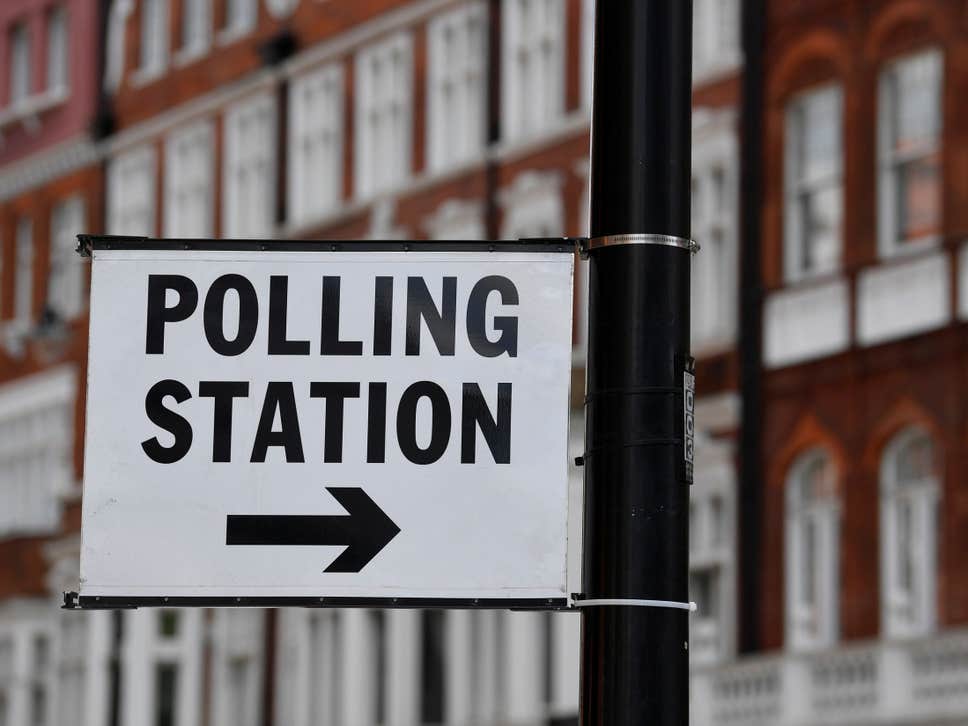In honour of the upcoming United Kingdom General Election, the School of Public Policy (SPP) Blog team decided to investigate some of the feelings and opinions of the SPP student body. Below are some responses in which Masters in Public Administration and Public Policy students share their perceptions towards voting and elections in the run up to the 2019 UK General Election.
(The views expressed by the respective individuals do not reflect that of the School of Public Policy or the London School of Economics).
Anya Nelson – MPA Year 1
Which campaign messages have you found most interesting, whether or not you support the party presenting them? E.g. Brexit, free broad brand, etc.
Before they changed their mind and weakened their message, the Lib Dem’s promise to revoke Article 50 without a referendum was so interesting to me. On the face of it is seems undemocratic to go against “the will of the people” but if they are voted into power, then they are the will of the people, and it is truly democratic.
What does voting mean to you? Why and how would you encourage other people to vote?
It didn’t mean a lot to me when I was young if I’m honest- I felt like I had no influence and it didn’t matter if I voted or not. I still know that I have no influence, but I vote because it is my way of standing up for or against something.
I don’t believe people should be forced to vote, but I do feel like people should be better informed about the implications of their votes. Politics and policy implications should be taught in UK schools from a younger age – not just as an optional subject for GCSEs and above. It impacts everyone, yet not everyone knows that, and some choose not to vote because they don’t see the point.
How would you predict the outcome and why?
I know what I would like it to be but I don’t think it will go my way. I think Boris will get the majority that he needs unfortunately, unless something radical happens in the next week.
Voter turnout is an issue in most democracies. What reforms would you propose to increase a higher voter turnout in UK elections?
I think a lot of people who didn’t vote in Brexit but wished they had will be voting in this election! It is a pretty pivotal moment for us in politics. Nevertheless, there will still be many who choose to stay at home. To get more people to the polls the barriers to voting should be removed – such as through digital voting. This would mobilise many of the younger population who find it too much effort to go to their nearest polling booth and didn’t think far enough in advance to register for postal voting!
Olivia – MPP Student
Which campaign messages have you found most interesting, whether or not you support the party presenting them? E.g. Brexit, free broad brand, etc.
None – I am fairly fed up only hearing slogans not policy.
What does voting mean to you? Why and how would you encourage other people to vote?
It means voting for the good of the country for the next term, not on one policy. People should not have lazy, sound bite campaigns.
How would you predict the outcome and why?
I predict a hung parliament.
Have you been following any of the televised tv debates? If so, have they answered your altered your perception on candidates and or any issues you may have had.
BJ is more polished than before but still has silly slogan he paints as policy ‘get Brexit done’.
Claire Cathro – MPA Year 2
What does voting mean to you? Why and how would you encourage other people to vote?
Voting to me is about the opportunity to have my input into who forms government and what the policy outcomes of that government will be. While the probability of my vote swinging the outcome of an election is minute, it is an opportunity to contribute and provide input to the process nonetheless.
Additionally, I vote because I’m profoundly grateful to be living in a country and at a time when I am afforded the opportunity to do so. Had I been living in the UK 100 years ago I would not have qualified to vote. For me, voting is an expression of this gratitude to be living in a place and time where governments are accountable to an electorate and I get to be an elector, however imperfect these mechanisms are.
Voter turnout is an issue in most democracies. What reforms would you propose to increase a higher voter turnout in UK elections?
I have been surprised since arriving in the UK to learn how difficult it could be for individuals to vote in the UK. While getting on the register was easy (I was registered in approximately 5 minutes by someone going door-to-door on my street within the first couple months of arriving in the UK) it seems that voting itself is not. Voting for the most part must be done in person, on election day, and at a specified polling station. The UK government does give people ability to vote by mail or proxy.
Voting rules in the UK are a sharp contrast to my experience of voting in Canada, where requesting and receiving a postal ballot is easy, there are many advance polling days, and voters can show up to any polling station across the country. In the Canadian federal election this fall, 4.9 million voters cast ballots at advanced polling stations (approximately 28% of voters). These advanced polling stations were open for four days from 9AM-9PM. I was able to request a postal ballot using a simple online form and vote from abroad in the 2019 election along with 22,000 other Canadians.
The UK would benefit from similarly making it easier to vote by expanding postal voting, introducing advanced polling and liberalizing rules on who can vote where. Voting is a costly endeavour; therefore, any reforms that lower the cost of voting, by making it “easier” to fit into busy schedules, should increase voter turnout. Not only do these reforms have the potential to increase voter turnout at large, but also have the potential to increase voting from populations that are currently marginalized or excluded.
How does the British electoral system affect the outcome?
The single member plurality electoral system has meant that historically a few large parties have dominated elections, and that small changes in vote share can lead to decisive victories for these parties. As such, the single-member plurality system theoretically should result in stable, accountable single-party majority governments; however, recent history in the UK does not show this to be true. It is interesting to me that with fragmentation in the political parties, the increasing popularity of smaller parties and polarization of the electorate, the current electoral system used in the UK and elsewhere including Canada, may no longer deliver on its benefits.
Myra Koelle – MPA Year 2
What does voting mean to you? Why and how would you encourage other people to vote?
As an Australian, who has always had compulsory voting, it’s been pretty normalised to me that everyone votes. I think that a lot of Australians consider voting to be responsibility in the same way that taxes are – like it’s something that all citizens need to participate in and contribute to.
What policy question in this election is most resonate to you and why?
I think that the questions around privatisation of public services and how to best deliver services, in particular health care and the NHS, has resonated with me. Mostly because you can see this debate happening globally, including in Australia, and it’s interesting to see how different parties and governments are approaching these questions.
How would you predict the outcome and why?
In my local electorate, I am pretty confident that Dianne Abbott will win – she has been the Member for Hackney for almost 30 years and wins by a very comfortable margin (in 2017 it was like 75%). I suspect that the Conservative party will be the largest party in Parliament (although not sure they will be able to achieve a majority) – mostly because they called the election so early – so I have to presume that people with much more data and insight than me have a reason to be so confident.
Voter turnout is an issue in most democracies. What reforms would you propose to increase a higher voter turnout in UK elections?
I think there are a number of minor reforms the UK should implement to make voting easier and more accessible. Such as switching elections to Saturdays, opening polls two weeks prior to official election days for early voting and having more places to go and vote. More radically, I think lowering the voting age to 16 would not only increase voting numbers immediately – but encourage people to continue voting throughout their lifetime. I would also think about voting online or by phone.
Anonymous – MPP Student
Which campaign messages have you found most interesting, whether or not you support the party presenting them? E.g. Brexit, free broad brand, etc.
The labour party campaign is focused on opposing rather than giving real solutions to real problems, most the videos are just mocking Boris !
How would you predict the outcome and why?
Likely a conservative majority. This is probably driven more by popular discontent with Corbyn, by which good labour MPs will likely loose their seats. Not for any wrong doing of their own, but because a vote for them will mean a vote for Corbyn.
Voter turnout is an issue in most democracies. What reforms would you propose to increase a higher voter turnout in UK elections?
Online and weekend voting!



